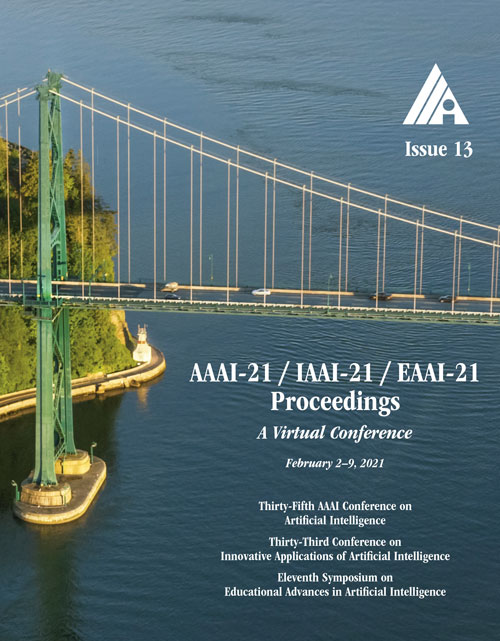A Complexity-theoretic Analysis of Green Pickup-and-Delivery Problems
DOI:
https://doi.org/10.1609/aaai.v35i13.17424Keywords:
Other Foundations of Planning, Routing & Scheduling, Computational Complexity of Reasoning, Transportation, Other Foundations of Multi Agent SystemsAbstract
In a Green Pickup-and-Delivery problem (GPD), vehicles traveling in a transport network achieving pickup-and-delivery tasks are in particular subject to the two \textit{green} constraints: limited vehicle fuel capacity thus short vehicle traveling range, and limited availability of refueling infrastructure for the vehicles. GPD adds additional but probably insignificant computational complexity to the classic and already NP-hard Pickup-and-Delivery problem and Vehicle Routing Problem. Nevertheless, we demonstrate in this paper an inherent intractability of these green components themselves. More precisely, we show that GPD problems whose total constraints are reduced to almost the green ones only, remain to be NP-complete in the strong sense. We figure out a specifically constrained variant of GPD that, however, is weakly NP-complete -- a practical pseudo-polynomial time algorithm solving the variant problem is identified. Insight obtained from this complexity-theoretic analysis would shed light for a deeper understanding of GPDs, and on better development of heuristics for solving these problems, leading to promisingly many real-world applications.Downloads
Published
2021-05-18
How to Cite
Tan, X., & Huang, J. X. (2021). A Complexity-theoretic Analysis of Green Pickup-and-Delivery Problems. Proceedings of the AAAI Conference on Artificial Intelligence, 35(13), 11990-11997. https://doi.org/10.1609/aaai.v35i13.17424
Issue
Section
AAAI Technical Track on Planning, Routing, and Scheduling

